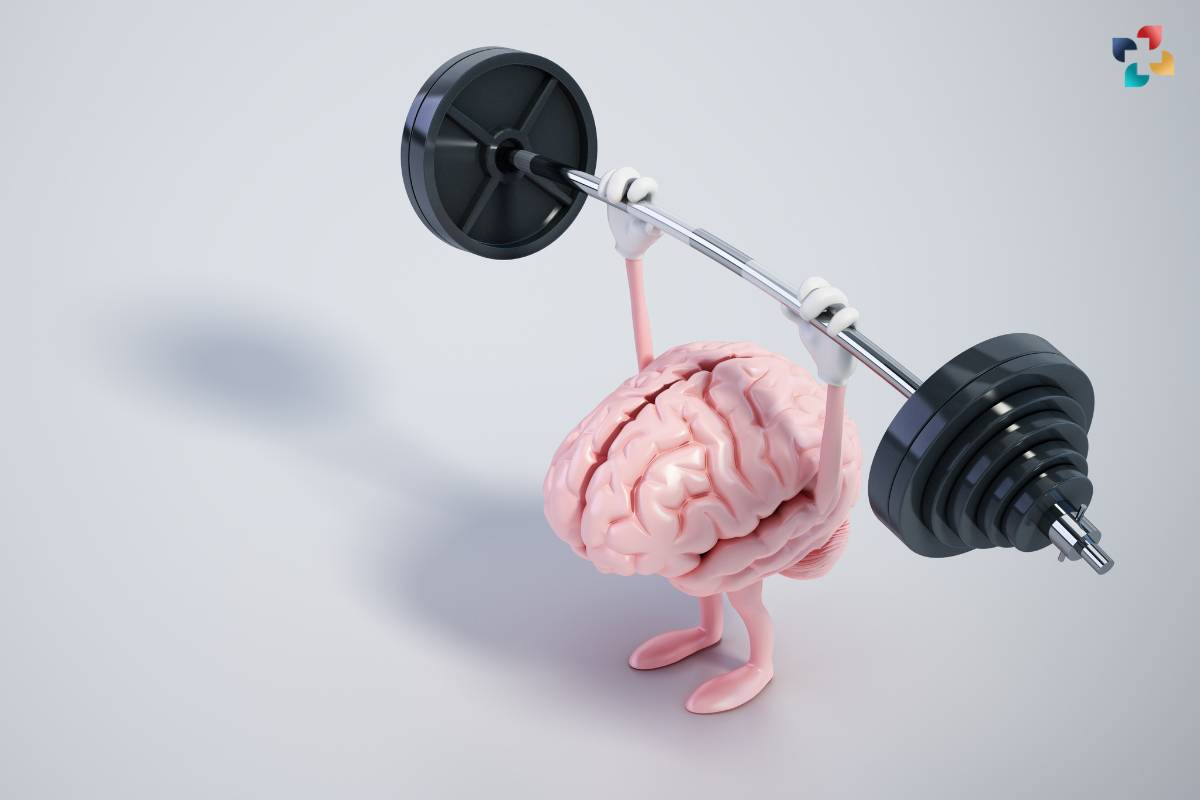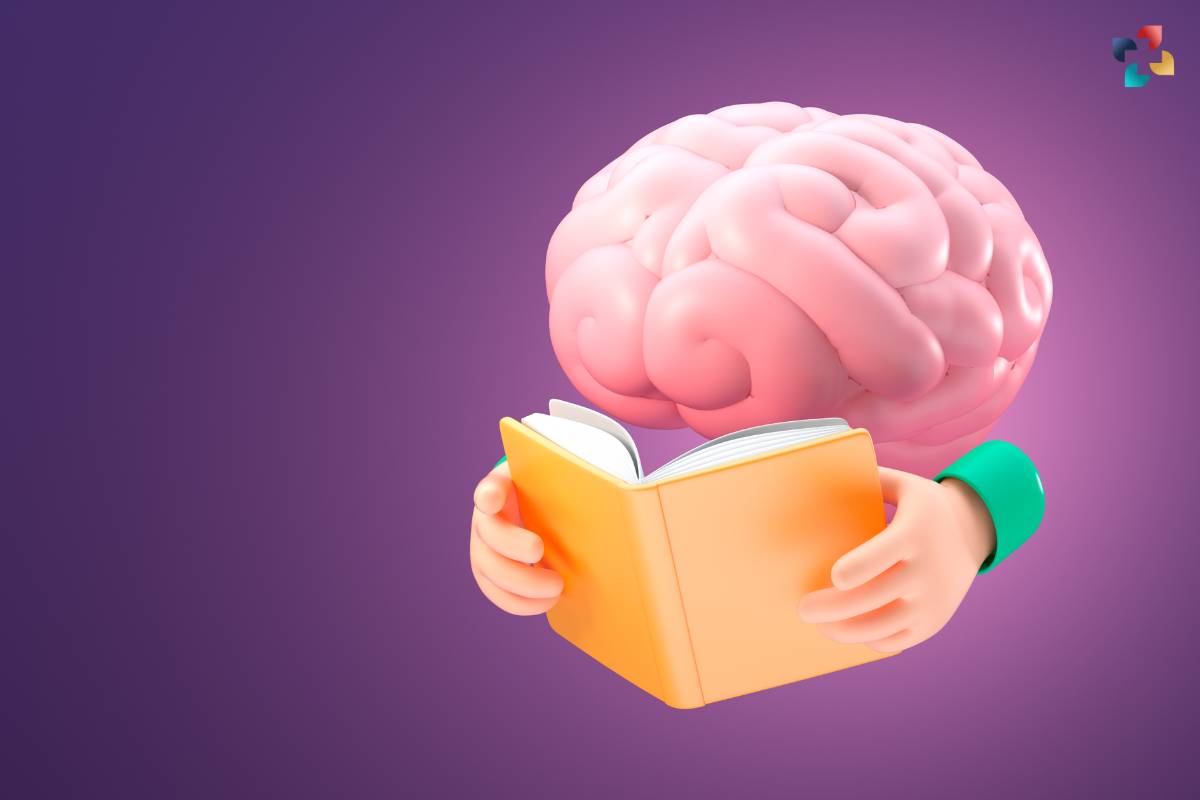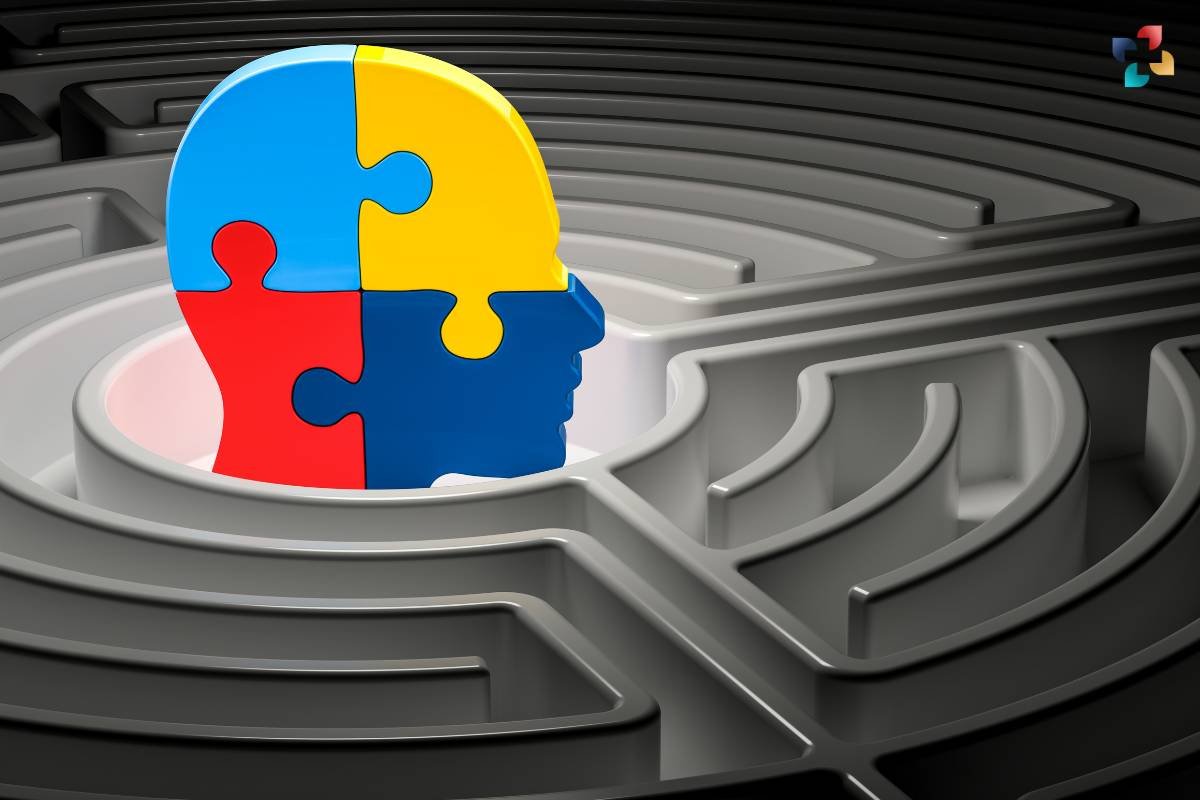Introduction:
The Montreal Cognitive Assessment (MoCA) is a widely used cognitive screening tool designed to detect mild cognitive impairment (MCI) and early signs of dementia. Developed by Dr. Ziad Nasreddine and his colleagues in Montreal, Canada, the MoCA has become a valuable instrument for healthcare professionals in assessing cognitive function and identifying individuals at risk of cognitive decline. In this comprehensive guide, we explore the purpose, administration, interpretation, and significance of the Montreal Cognitive Assessment in the evaluation of dementia and cognitive impairment.
What is the Montreal Cognitive Assessment (MoCA)?

The Montreal Cognitive Assessment (MoCA) is a brief cognitive screening test designed to assess various cognitive domains, including memory, attention, language, visuospatial abilities, executive function, and orientation. Unlike some other cognitive screening tools, the MoCA is sensitive to mild cognitive impairment and early stages of dementia, making it particularly useful for detecting subtle cognitive changes that may not be apparent during routine clinical evaluations.
Purpose of the Montreal Cognitive Assessment (MoCA) Test for Dementia:
The primary purpose of the Montreal Cognitive Assessment (MoCA) test is to identify individuals who may be experiencing cognitive impairment or early signs of dementia. By evaluating different aspects of cognitive function, the MoCA can help healthcare professionals determine the presence and severity of cognitive deficits, track changes over time, and guide further diagnostic evaluation and management.
Administration of the Montreal Cognitive Assessment (MoCA) Test:

The Montreal Cognitive Assessment (MoCA) test consists of a series of tasks and questions that assess different cognitive domains. The test typically takes approximately 10 to 15 minutes to administer and can be conducted by trained healthcare professionals, such as physicians, nurses, or neuropsychologists. During the assessment, individuals are asked to perform various tasks, such as recalling words, drawing a clock, performing simple calculations, and following instructions related to orientation and visuospatial abilities.
Interpretation of the Montreal Cognitive Assessment (MoCA) Score:
The Montreal Cognitive Assessment (MoCA) score is calculated based on the individual’s performance on the different tasks and questions included in the test. The total possible score on the MoCA is 30 points, with higher scores indicating better cognitive function. A score of 26 or higher is considered normal, while scores below 26 may indicate cognitive impairment or dementia. However, it is essential to interpret the MoCA score in conjunction with other clinical information, such as medical history, physical examination findings, and additional cognitive testing results.
Significance of the Montreal Cognitive Assessment (MoCA) in Dementia Evaluation:
The Montreal Cognitive Assessment (MoCA) plays a crucial role in the evaluation of dementia and cognitive impairment, as it provides a standardized method for assessing cognitive function and detecting early signs of cognitive decline. By identifying individuals at risk of dementia, the MoCA allows healthcare professionals to initiate appropriate interventions, such as lifestyle modifications, cognitive training, and medical treatments, to slow disease progression and improve quality of life.

In the realm of dementia evaluation, the Montreal Cognitive Assessment (MoCA) stands out as a vital tool for several reasons. Firstly, its sensitivity to mild cognitive impairment (MCI) allows for the identification of individuals who may be in the early stages of cognitive decline. Catching these subtle changes early on is crucial because it provides an opportunity for timely intervention and management strategies to potentially slow down disease progression.
Moreover, the MoCA’s comprehensive assessment of various cognitive domains offers a holistic view of an individual’s cognitive function. By examining memory, attention, language, visuospatial abilities, executive function, and orientation, healthcare professionals can gain insights into the specific areas of cognitive impairment, thus guiding personalized treatment plans.
Furthermore, the standardized nature of the MoCA enhances its reliability and consistency across different healthcare settings and practitioners. This ensures that individuals undergo a consistent evaluation process, facilitating accurate diagnosis and monitoring of cognitive function over time.
Additionally, the MoCA serves as a valuable communication tool between healthcare professionals, caregivers, and patients. Its results can help facilitate informed discussions about the individual’s cognitive health, treatment options, and prognosis, empowering patients and their families to make well-informed decisions about their care journey.
Overall, the Montreal Cognitive Assessment (MoCA) plays a pivotal role in dementia evaluation by providing a standardized, comprehensive, and sensitive assessment of cognitive function. Its significance lies not only in its ability to detect early signs of cognitive decline but also in its capacity to guide personalized interventions aimed at improving the quality of life for individuals at risk of dementia.

The Master Conductor: Unveiling the Secrets of Cognitive Function
Our minds are intricate orchestras, where a symphony of mental processes plays out continuously. From remembering a loved one’s face to solving a complex equation, it’s all thanks to the remarkable conductor we call cognitive function.
Conclusion:
The Montreal Cognitive Assessment (MoCA) test is a valuable tool for healthcare professionals in the assessment of cognitive function and the detection of dementia and cognitive impairment. By evaluating different cognitive domains, the MoCA provides valuable insights into an individual’s cognitive abilities and helps identify subtle changes that may indicate early signs of cognitive decline. With its ease of administration and sensitivity to mild cognitive impairment, the MoCA has become an essential instrument in the evaluation and management of dementia. As our understanding of dementia continues to evolve, the MoCA remains a cornerstone in the early detection and intervention of cognitive impairment, ultimately contributing to improved outcomes for individuals at risk of dementia.
FAQs
1. What is the Montreal Cognitive Assessment (MoCA)?
The Montreal Cognitive Assessment (MoCA) is a cognitive screening tool designed to assess various cognitive domains, including memory, attention, language, visuospatial abilities, executive function, and orientation. It is used to detect mild cognitive impairment (MCI) and early signs of dementia.
2. Who administers the Montreal Cognitive Assessment (MoCA)?
The Montreal Cognitive Assessment (MoCA) is typically administered by trained healthcare professionals, such as physicians, nurses, neuropsychologists, or other qualified practitioners. They conduct the assessment in clinical settings, such as hospitals, clinics, or healthcare facilities.
3. How long does the Montreal Cognitive Assessment (MoCA) take to complete?
The Montreal Cognitive Assessment (MoCA) typically takes approximately 10 to 15 minutes to complete. It consists of various tasks and questions designed to assess different cognitive domains, and the duration may vary slightly depending on the individual’s pace and performance.
3. What is a normal score on the Montreal Cognitive Assessment (MoCA)?
A normal score on the Montreal Cognitive Assessment (MoCA) is typically 26 points or higher out of a total possible score of 30 points. Higher scores indicate better cognitive function, while scores below 26 may indicate cognitive impairment or dementia.
5. Is the Montreal Cognitive Assessment (MoCA) used for diagnosing dementia?
While the Montreal Cognitive Assessment (MoCA) is a valuable screening tool for detecting cognitive impairment and early signs of dementia, it is not used alone for diagnosing dementia. Instead, it is part of a comprehensive assessment process that may include medical history, physical examination, laboratory tests, neuroimaging studies, and other cognitive assessments to establish a diagnosis and guide treatment.











